
Bad Credit VA Loans…..All Your Questions Answered
Bad Credit VA Loan…All Your Questions Answered Frequently Asked Questions What is a minimum credit score to get a VA home loan? What are lender
Carlos Scarpero- Mortgage Broker
If you're considering a VA home loan or currently navigating the mortgage process, you might be overwhelmed by the amount of information available online. As someone deeply involved in VA home loans, I've seen firsthand how misinformation can lead to confusion and missed opportunities. Understanding who to trust when it comes to VA mortgage advice is critical. In this article, I’ll share insights on how to distinguish expert advice from common misconceptions and why it matters for your homebuying journey.
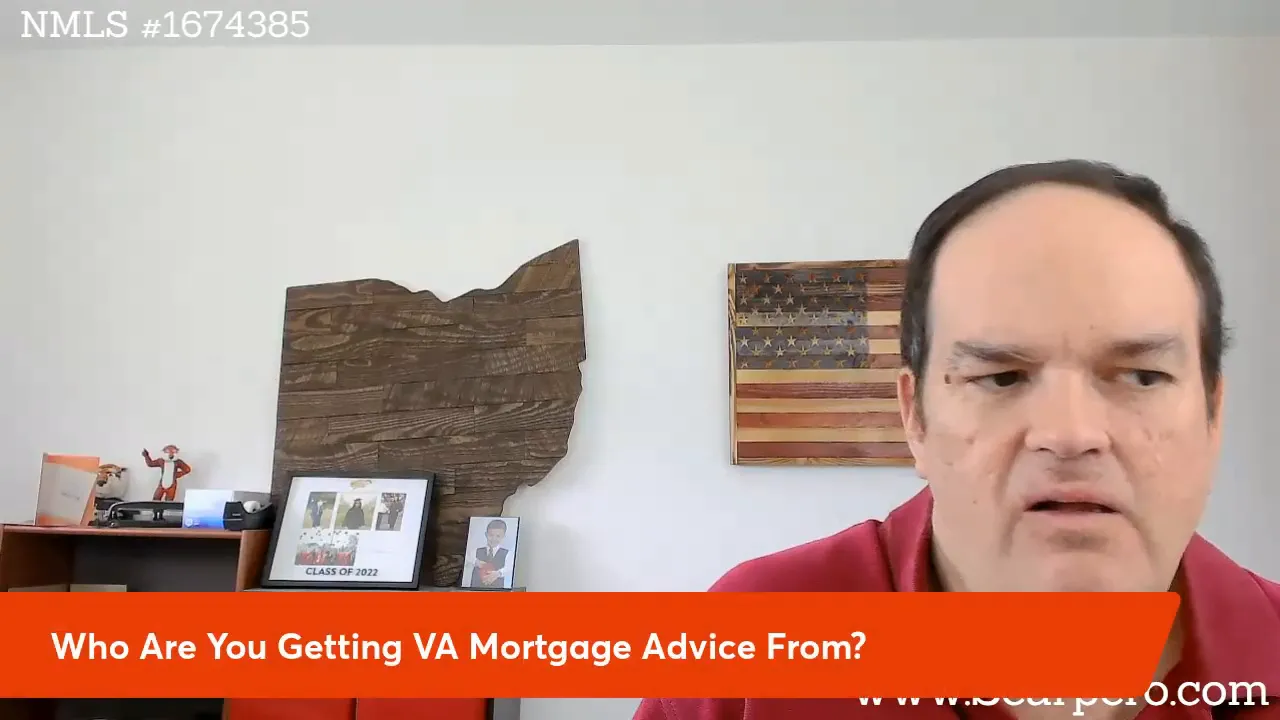
The internet is flooded with content about VA home loans, but not all of it is accurate. One major reason is how search engines like Google rank and display results. Often, the top results come from individuals or websites skilled in Search Engine Optimization (SEO), but these people are not necessarily licensed loan officers or mortgage experts.
SEO is a completely different skill from lending, and while I happen to be proficient at both, I am the exception rather than the rule. This means many people searching for VA loan advice might end up with information that’s outdated, incomplete, or just plain wrong.
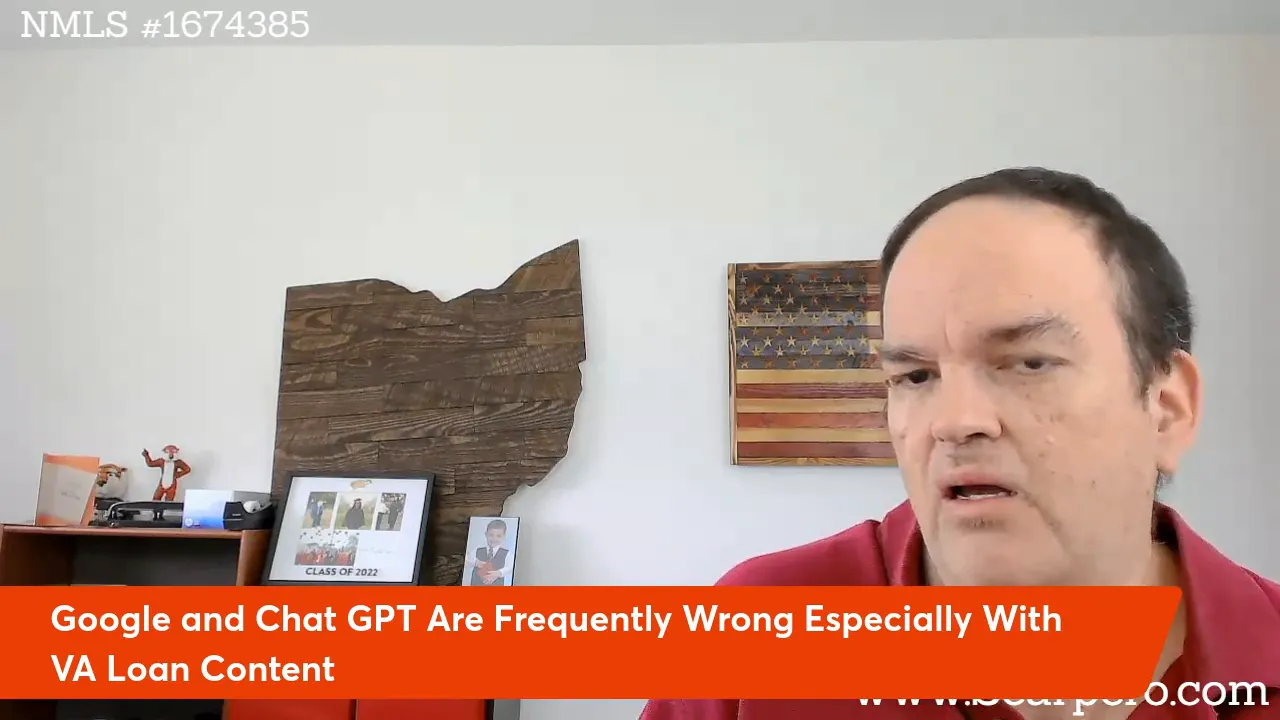
The first and most important step is determining if the person giving you advice is a licensed loan officer. In the United States, loan officers must have a Nationwide Multistate Licensing System (NMLS) number. By federal law, loan officers are required to display their NMLS number on all social media and advertising platforms.
Unfortunately, compliance is not always perfect, but if you’re watching a video or reading advice, look for this number. You can also verify a loan officer’s license status and history via the NMLS Consumer Access website. This resource lets you see how long they’ve been licensed, their background, and any disciplinary actions.
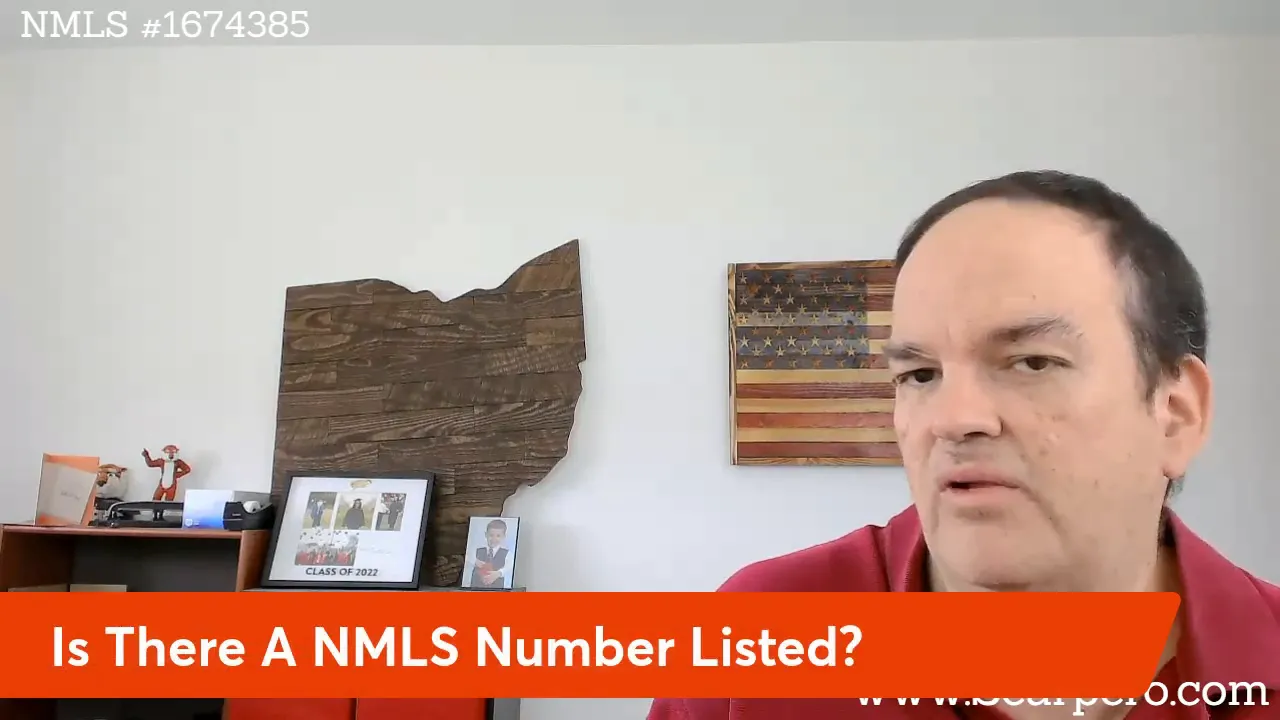
Another hallmark of credible advice is when the person cites official sources, such as the VA handbook or VA guidelines. The VA’s rules sometimes change, so it’s important that your source is referencing the most up-to-date information.
For example, in my own videos and content, I always indicate the source of the information, including the exact page in the VA handbook or the official rule I’m discussing. This transparency helps you trust that the advice is grounded in official policy rather than hearsay or outdated knowledge.
In the VA mortgage space, there are several certifications that demonstrate expertise beyond just holding an NMLS license. I personally hold the Veda VA certification, which signifies advanced knowledge of VA home loan requirements and nuances.
Many experienced loan officers proudly display their certifications and credentials on their websites or social media channels. This can be a good indicator that they have invested time in mastering VA loan guidelines and not just general mortgage knowledge.
Let’s dive into some of the most frequently seen errors online related to VA home loans. Understanding these will help you spot misinformation and ask the right questions.
This is one of the biggest misconceptions. Contrary to popular belief, the VA home loan program itself does not impose loan limits. Instead, what you often hear about are lender overlays. A lender overlay is a rule or restriction set by the lending institution that exceeds the VA’s requirements.
For instance, some lenders may have maximum loan amounts they are willing to approve based on their risk tolerance or internal policies. But this does not mean the VA program limits your loan. If you meet the VA’s credit and income qualifications, the VA can guarantee loans without a maximum dollar cap.
To illustrate this, just recently in a VA forum I moderate, a member was trying to buy a fourplex and mentioned hearing about a $3 million loan limit. Upon investigation, it turned out this misinformation came from a social media influencer who was not a loan officer and had misunderstood lender policies as VA rules.
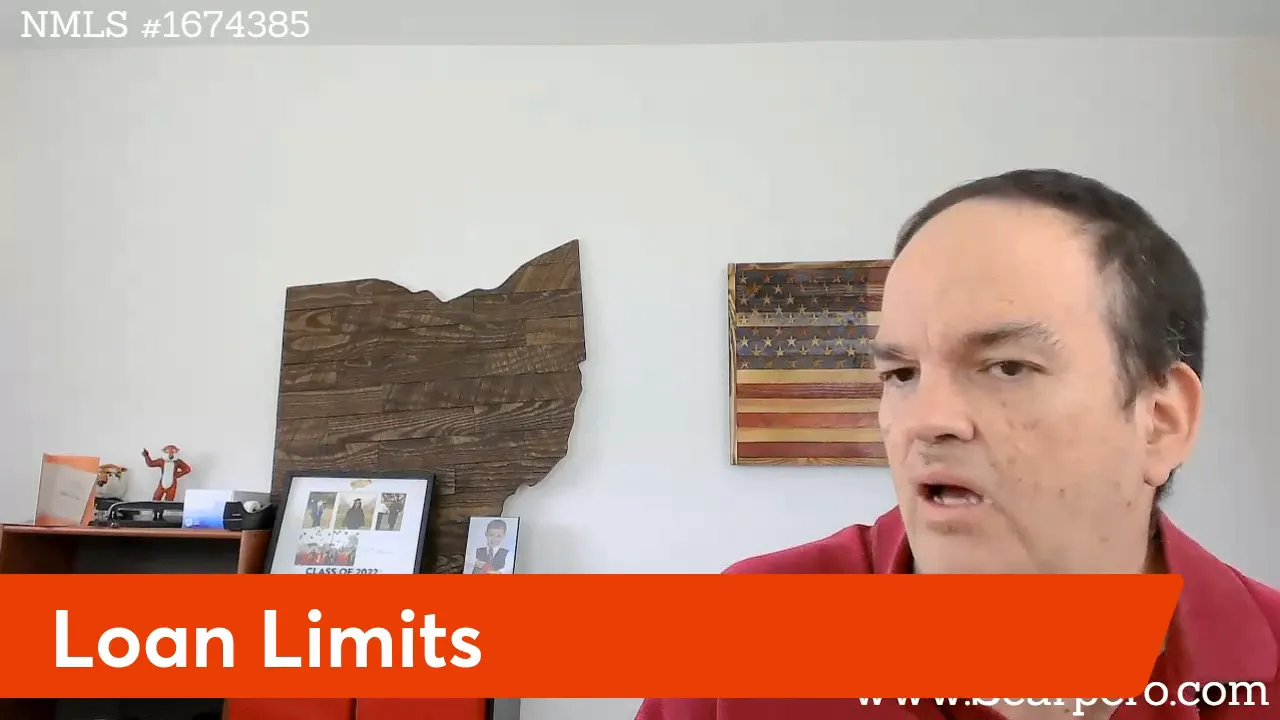
Another common error is the belief that the VA sets a minimum credit score requirement. The truth is that the VA home loan program focuses more on your overall credit history and payment patterns rather than a strict credit score threshold.
However, many lenders impose their own minimum credit score requirements — again, these are lender overlays. These overlays can vary widely from one lender to another, which is why it's important to shop around and work with someone knowledgeable about VA loans specifically.
Just because you hear a certain credit score is required does not mean the VA enforces it. It only means that particular lender has that policy.
Getting the right information about VA home loans can save you time, money, and frustration. Misinformation can lead you to believe you don’t qualify for certain properties or loan amounts when, in reality, you might meet all the VA requirements.
Moreover, understanding the difference between VA rules and lender overlays empowers you to ask lenders the right questions and negotiate better loan terms. This knowledge also protects you from falling prey to social media influencers or unlicensed individuals who might share incorrect advice unintentionally.
No, the VA itself does not have loan limits. Any loan limits you hear about are usually lender overlays, meaning individual lenders set their own maximum loan amounts above VA requirements.
The VA does not set a minimum credit score. Instead, the VA looks at your overall credit history and payment patterns. However, lenders may have their own minimum credit scores as part of their overlays.
You can verify licensing by checking the Nationwide Multistate Licensing System (NMLS) Consumer Access website. Licensed loan officers are required to display their NMLS number on all marketing materials and social media.
Look for VA-specific certifications such as the Veda VA certification or other specialized training programs that demonstrate expertise in VA home loan guidelines.
Understanding the difference helps you avoid misinformation. VA rules are the baseline requirements, while lender overlays are additional restrictions that vary by lender. Knowing this can help you shop around and find better loan options.
When it comes to VA home loans, trusting the right expert can make all the difference. The mortgage landscape is complicated enough without adding misinformation into the mix. By verifying licensing, checking for official sources and certifications, and understanding the distinction between VA rules and lender overlays, you can confidently navigate your VA loan process.
If you ever have questions or want to ensure you’re getting accurate, up-to-date advice, don’t hesitate to reach out to a licensed VA loan expert. Getting the right guidance will help you make informed decisions and ultimately secure the home you deserve.
For personalized VA home loan advice, feel free to contact me directly at 937-572-3713 or visit scarpero.com. I’m here to help you every step of the way.

Bad Credit VA Loan…All Your Questions Answered Frequently Asked Questions What is a minimum credit score to get a VA home loan? What are lender

Can A Second Job Be Used For VA Qualifying Income? Table of Contents Key Takeaways Understanding When Second Income Can Be Used for VA Loans
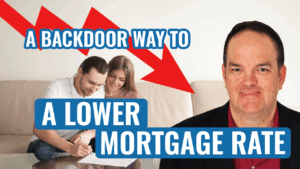
A Backdoor Way To Get A Lower Mortgage Rate Table of Contents Key Takeaways What Is a Temporary Rate Buydown? Is a Temporary Rate Buydown